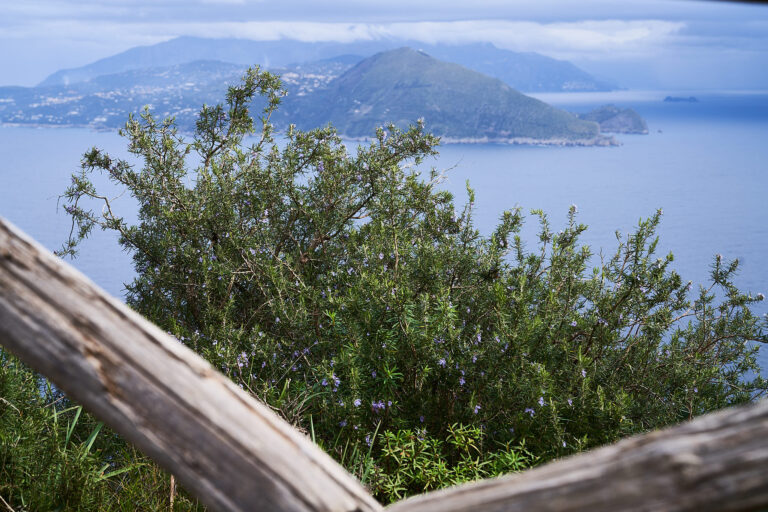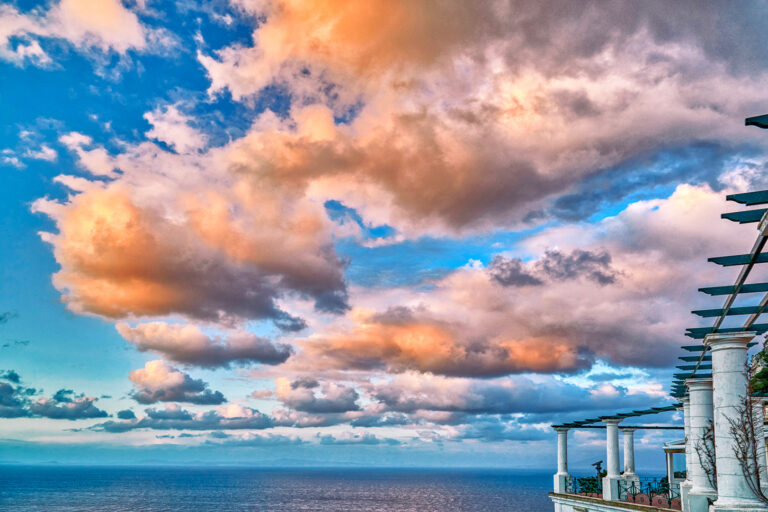Today Capri has intense relations with the Amalfi Coast. During the summer evenings, Capri people love to set off on their boats and go to eat in Nerano where there are excellent restaurants at a good price. It is fashionable among the youngest to go dancing from time to time in certain clubs in Positano.
Many go to Amalfi for the celebrations of June 27 dedicated to Saint Andrew, complete with a procession and fireworks.
For their part, the inhabitants of the Amalfi Coast love to come to Capri for a tour of the island by boat, to fish, to go dancing at the Anema e Core Tavern. And above all, they organize trips to Capri for tourists who stay overnight in their villages, who would never give up a visit to that island so famous and so close.
In a certain sense, it could be said that Capri has been a fortune for the tourist and economic development of the entire Amalfi Coast.
What few people know is that for a long historical period relations were much closer than today, and that once upon a time it was the Amalfitans who made the fortune of Capri and became Capresi themselves.
So let us tell you this little story that arose from the events of the great history.
We are in the 9th century AD.
In this period, in Capri, the glories experienced in Roman times have now passed for centuries. The island has few inhabitants, very poor, mostly fishermen and farmers left to fend for themselves.
In recent years, Islam has been spreading like wildfire; its society and its culture are in great ferment compared to the European one as well as its armies and its fleets. Europe in general and Italy in particular, on the contrary, is divided into continuous struggles between states and small states, which give up defenses against “the nigro peril that comes from the sea”.
Thus began the Saracen attacks on the Italian peninsula. The earliest known are from 812 AD when forty ships sacked Ponza and Ischia, only to be driven back by ships from Amalfi and Gaeta.
But at that moment the inhabitants of southern Italy seem more taken by another war, the one between the Principality of Benevento and the Duchy of Naples.
In those years, in fact, Benevento, which is the most solid political reality in southern Italy, led by the Lombard prince Sicardo, subjected the pro-Byzantine Naples to a series of attacks. In order to resist, the Duke of Naples, Andrea, in 835 decides to ally himself with the Saracens who had already conquered Sicily four years earlier.
The alliance of the Neapolitans with the Saracens is considered a scandal for Christianity, which Sicardo decides to punish by sacking the Neapolitan city of Amalfi and deporting its inhabitants to Salerno, also a Longobard possession.
But in 839 AD Sicardo was killed in a palace conspiracy and the Amalfi prisoners seized the opportunity of destabilization to set fire to Salerno and escape, returning to Amalfi and becoming independent even from Naples.
Thus begins the history of the Republic of Amalfi (later Duchy), of which, from 872 AD until its end in 1135, Capri was a territory.
The island was subtracted from the Duchy of Naples and ceded to Amalfi, to reward the commitment of the latter in the anti-Saracenic struggle promoted by the Carolingian emperor Louis II.
Many Amalfitans come to live on the island, creating a city of about a thousand inhabitants (a fairly significant number in the context of the time). Among these are skilled shipwrights, caulkers, sailors, artisans, merchants and nobles, who thicken the island’s social fabric.
Even after the fall of the Duchy of Amalfi, these new Capresi will maintain close relations with the city of origin, even during the Norman and Angevin periods.
They will be able to withstand dark periods with strength and dignity, to sail to the African coasts to fish for coral and to handle weapons if necessary.
From a document of 1270 we deduce the surnames of the families of Capri at the time, some of which are still present in large numbers on the island: Strina, Pulderico (the current Federico), Mazzola, Pisano, de Arcutia (current Arcucci), Vacca, Farace… they are all surnames of Amalfi origin and will be a constant in the history of Capri.
Antonio De Gregorio









